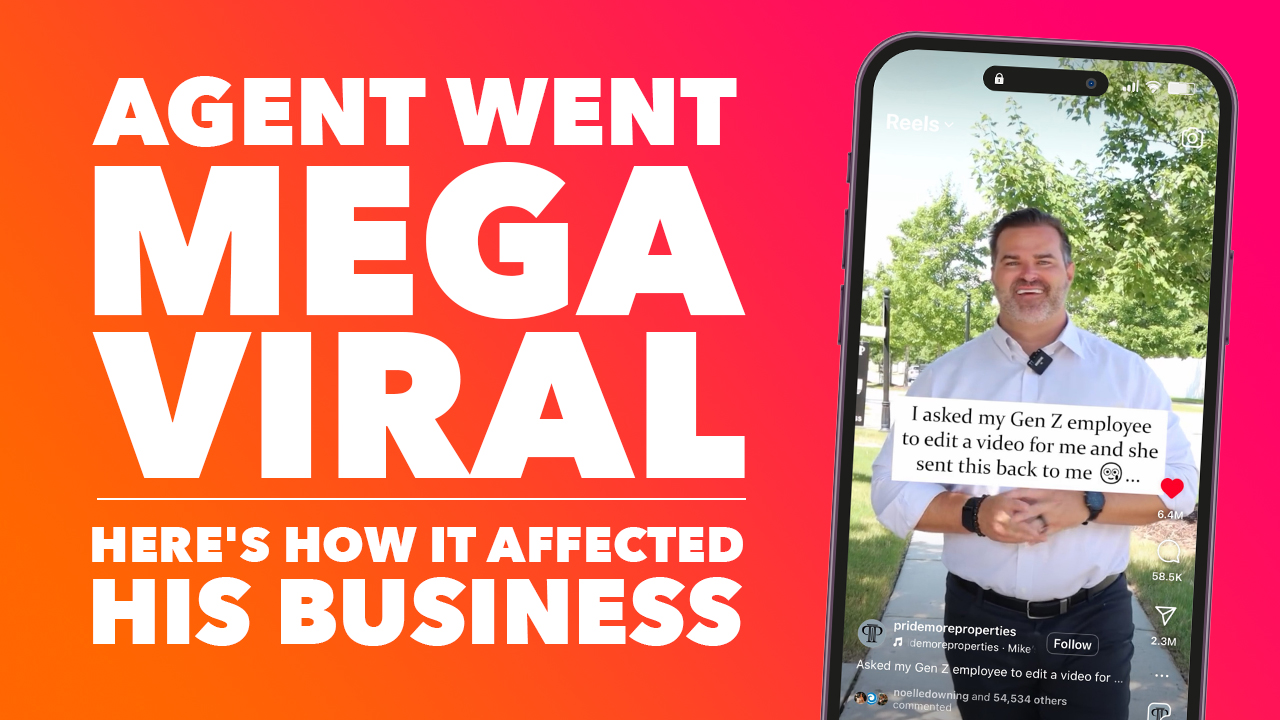There are a few common reasons why financial advisors aren’t able to attract and retain clients.
In many cases, it’s that they’re not producing enough return on their clients’ investments. Maybe they’ve run into some issues with compliance.
Those are the obvious reasons. Of course, you need to do a good job and provide a great customer experience.
But from a marketing perspective, there are a few major issues that plague far too many FAs—I’d like to draw attention to those in this blog.
Keep reading for the three biggest, but totally avoidable mistakes financial advisors make, as well as what you can do instead.
Chasing new leads instead of seeking referrals.

Most advisors spend so much time, energy, and money chasing anonymous people instead of digging deep into their current networks.
Yes, there are some proven ways for advisors to get leads. For example, seminars are incredibly effective. But if I’m talking to an advisor, I want to see their strategy for tapping into their sphere of influence.
Two great ways to grow: One is seminars, one is by referrals. I don’t know the former, but I know the latter.
I recently made an appearance on the Top Advisor Marketing Podcast. One of the things we talked about was how the majority of advisors focus too much on chasing new deals. They do this even though it’s pretty common knowledge that top producers get more than 70 percent of their business from referrals.
This happens because people don’t know how to go about asking for referrals. They think a referral is calling up and asking for one, without realizing it’s really part of a more long-term strategy.
Lead with excellent service, make wise decisions based on your clients’ goals, and become referable. When you do this, you’re bound to receive plenty of referrals from the clients who love working with you.
Failing to connect with families.

When it comes to retention, one of the biggest failures of advisors is properly connecting with the entire family. Consider these numbers:
- 70 percent of widows fire their financial advisor.
- 66 percent of descendants part ways with their parents’ financial advisor after inheriting money.
Let’s look at that second fact first. In the coming years, the younger generations stand to inherit a massive amount of wealth—estimated to be in the trillions. If this pans out as expected, there will be a lot of advisors suffering.
Many advisors focus only on the head of household, neglecting to build trust with the next generation. It shouldn’t come as any surprise that these young people don’t want to keep paying someone they don’t know to manage their wealth.
Download a PDF sample of American Lifestyle to stay in touch with past clients.
This lack of connection also speaks volumes to surviving spouses. Too often, FAs will work only with one member of the household, even though the investment decisions they make affect other people. They spend too much time focused on the transaction and not enough on the people behind the transactions.
It’s okay to talk finances, but make sure to include spouses and the next generation. When you do, you’re far more likely to hold onto them as clients in the years ahead.
Not building relationships.

In general, the inability to create lasting relationships is one of the biggest problems facing financial advisors.
Someone isn’t going to make the decision to give you business lightly—especially with large sums of money at stake. It takes time to build trust.
This is just as important when it comes to keeping the clients you already have. There have been rumors of a recession coming up. When the market tanks—whenever that happens—the financial advisors who have not built solid relationships will lose business.
Build relationships based on the F.O.R.D. Method. Learn what really matters most to your clients and use that to inform your investment strategies.
You’d have to have a pretty great sales pitch to reassure me about losing hundreds of thousands of dollars of my money. I want to see a return on my investment.
If you’ve built trust, I’ll be more likely to give you another shot. It’s a lot harder to fire the advisor who goes fishing with you, or who calls regularly to see how your family is doing. That person is more like a friend. They have your back, and they are invested in your long-term success.
Now that you’re aware of these three common mistakes made by financial advisors, you can steer clear of them by providing amazing service and building meaningful, lasting relationships.
When you do this, I promise you’ll see more referrals, higher retention rates, and more assets under management.

















